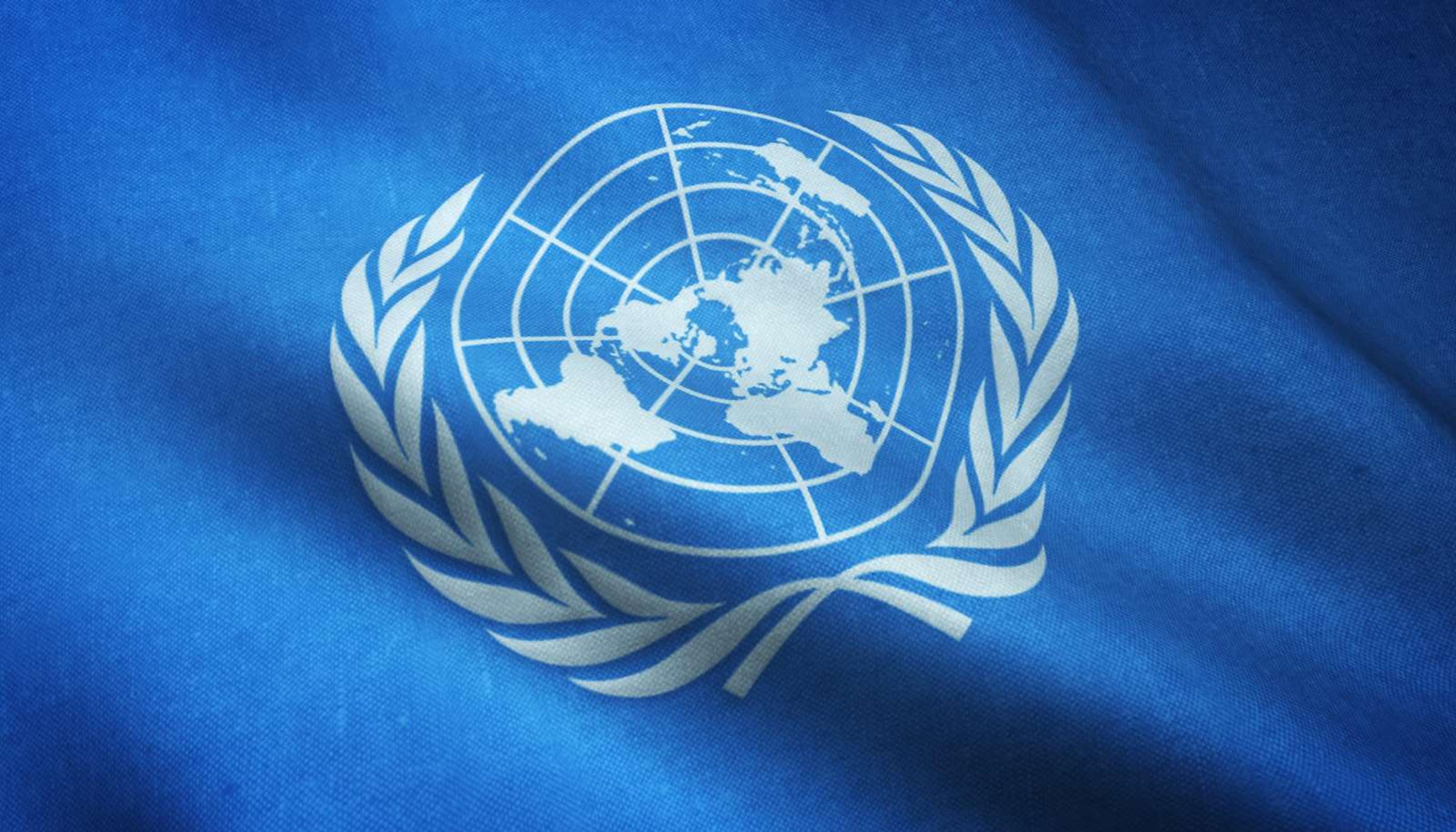Understanding the Role of the UN IPCC in Climate Change Research and Policy
Sun Mar 19 2023
The United Nations Intergovernmental Panel on Climate Change (UN IPCC) was established in 1988 to provide scientific information on climate change to policymakers and the public. The organization is responsible for conducting regular assessments of the science of climate change and its potential impacts, as well as options for mitigating and adapting to its effects. In this article, we will explore the role of UN IPCC in climate change research and policy, its history, structure, and the impact it has had in shaping global climate action.
History and Structure of the UN IPCC
The UN IPCC was established jointly by the United Nations Environment Programme (UNEP) and the World Meteorological Organization (WMO) in 1988, following concerns raised about the potential impacts of human activities on the Earth's climate system. The organization is made up of thousands of scientists and experts from around the world who volunteer their time to contribute to the assessments, which are organized into three working groups. These working groups focus on different aspects of climate change, including the science of climate change, impacts and vulnerabilities, and options for mitigating and adapting to its effects.
Role of the UN IPCC in Climate Change Research and Policy
The primary role of the UN IPCC is to provide policymakers with scientific information on climate change, including the potential impacts of human activities on the Earth's climate system, and options for mitigating and adapting to its effects. The organization conducts regular assessments of the science of climate change and its potential impacts, which are published in reports that are widely used by governments, businesses, and other organizations to inform their policies and actions.
The assessments conducted by the UN IPCC are based on a rigorous scientific process that involves thousands of scientists and experts from around the world. The process is designed to ensure that the assessments are objective, transparent, and comprehensive, and that they reflect the best available scientific information on climate change. The assessments are also subject to extensive peer review, which helps to ensure their accuracy and credibility.
Impact of the UN IPCC on Global Climate Action
Since its establishment, the UN IPCC has had a significant impact on global climate action. The organization's assessments have played a key role in shaping the international response to climate change, including the negotiation of the United Nations Framework Convention on Climate Change (UNFCCC) and the Paris Agreement.
The assessments have also helped to raise public awareness of the risks posed by climate change and the need for urgent action to address them. They have provided policymakers with the scientific information and analysis needed to develop effective policies and measures to mitigate and adapt to the effects of climate change.
Challenges and Criticisms of the UN IPCC
Despite its important role in climate change research and policy, the UN IPCC has faced a number of challenges and criticisms over the years. Some critics have questioned the accuracy and reliability of its assessments, while others have raised concerns about its governance structure and the potential influence of political interests.
To address these concerns, the UN IPCC has taken steps to enhance the transparency and credibility of its assessments, including by increasing the involvement of stakeholders and improving the communication of its findings to the public.
FAQs
What is the UN IPCC?
The UN IPCC is the United Nations Intergovernmental Panel on Climate Change, which was established in 1988 to provide scientific information on climate change to policymakers and the public.
What is the role of the UN IPCC in climate change research and policy?
The primary role of the UN IPCC is to provide policymakers with scientific information on climate change, including the potential impacts of human activities on the Earth's climate system, and options for mitigating and adapting to its effects.
How are the UN IPCC assessments conducted?
The UN IPCC assessments are conducted by thousands of scientists and experts from around the world, based on a rigorous scientific process that involves extensive peer review to ensure their accuracy and credibility.
What impact has the UN IPCC had on global climate action?
The UN IPCC assessments have played a key role in shaping the international response to climate change, including the negotiation of the United Nations Framework Convention on Climate Change (UNFCCC) and the Paris Agreement.
What are the challenges and criticisms faced by the UN IPCC?
The UN IPCC has faced challenges and criticisms regarding the accuracy and reliability of its assessments, as well as concerns about its governance structure and potential influence of political interests. The organization has taken steps to address these concerns and enhance the transparency and credibility of its assessments.
